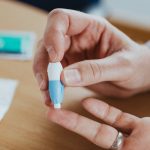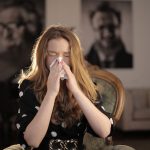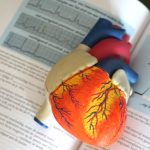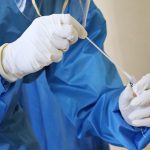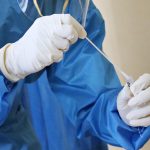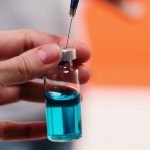Pin-prick blood test identifies immunity to COVID-19
In a study from Cardiff University, scientists found a finger-prick blood test can identify people most at risk of being reinfected with COVID-19.
The simple...
COVID-19 infection may increase risk of type 1 diabetes in children
In a study from the Norwegian Institute of Public Health, scientists found testing positive for SARS-CoV-2, the virus that causes COVID-19, is associated with...
Scientists find new COVID-like virus could infect humans, resist vaccines
In a study from Washington State University and elsewhere, scientists found a recently discovered virus in a Russian bat that is similar to SARS-CoV-2,...
People with long COVID show signs of autoimmune disease a year after infection
In a study from McMaster University, scientists found that blood samples drawn from patients with long COVID who are still suffering from fatigue and...
After COVID-19, experts say watch for these potential heart and brain problems
COVID-19 was full of surprises early on, causing mild problems in the short term for some people and serious complications for others.
Long term, it...
Severe COVID-19 impairs the immune system for more than 6 months
In a study from Linköping University, scientists found the immune cells of patients who received hospital care for COVID-19 early in the pandemic were...
Overweight, not high blood sugar, linked to higher risk of COVID-19, long COVID
In a study from University College London, scientists found that high body mass index (BMI), rather than high blood sugar levels, are associated with...
New test can find who at risk of severe COVID-19
In a study from The University of Virginia, scientists found a new genomic test can predict a patient's risk of developing severe COVID-19.
That information...
Don’t use these antibodies to treat COVID-19, WHO strongly advises
In a study from WHO, scientists showed the antibody drugs sotrovimab and casirivimab-imdevimab are not recommended for patients with COVID-19.
These drugs work by binding...
1 in 3 infected, unvaccinated people no longer have detectable antibodies 1year later
In a study from ISGlobal, scientists found 1 in 3 infected, unvaccinated people no longer have antibodies 1year after infection.
Both infection and vaccination against COVID-19 contribute...

